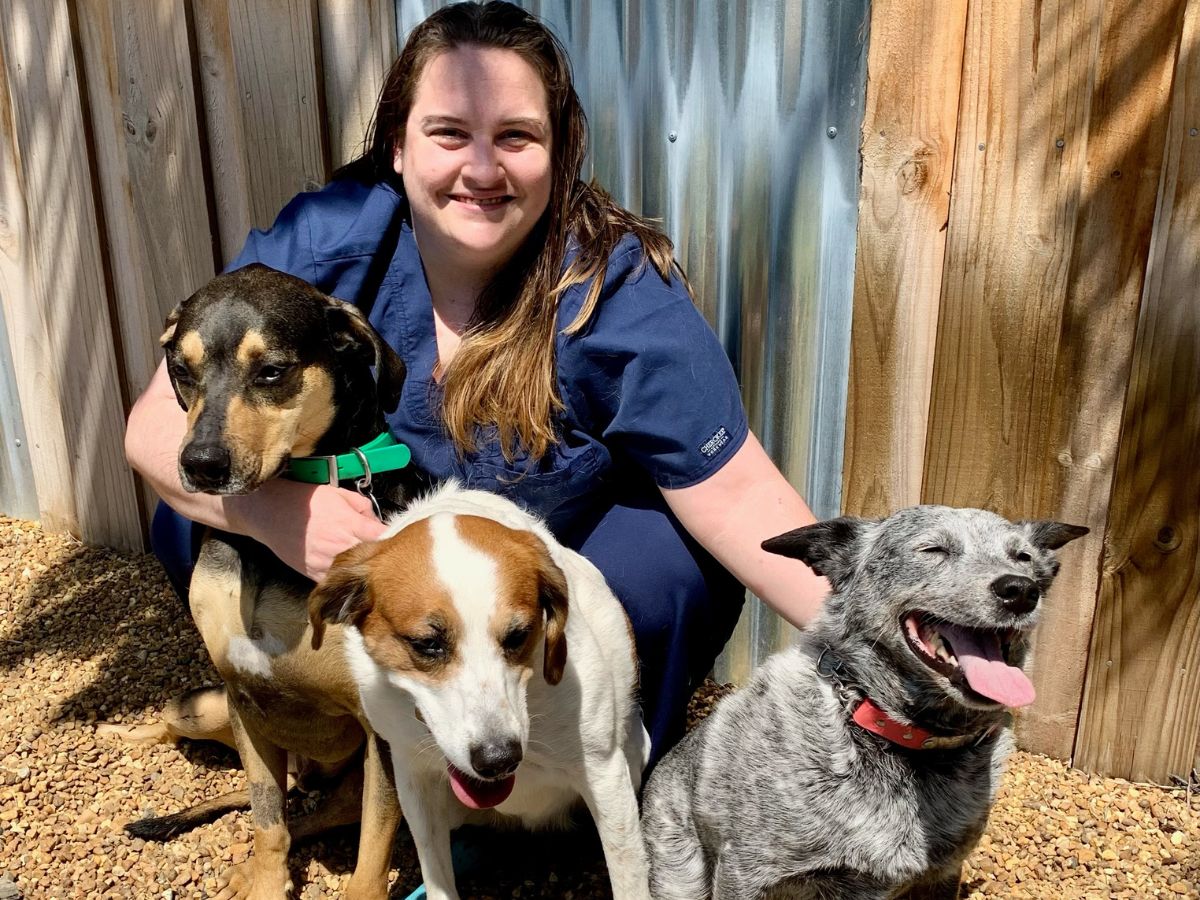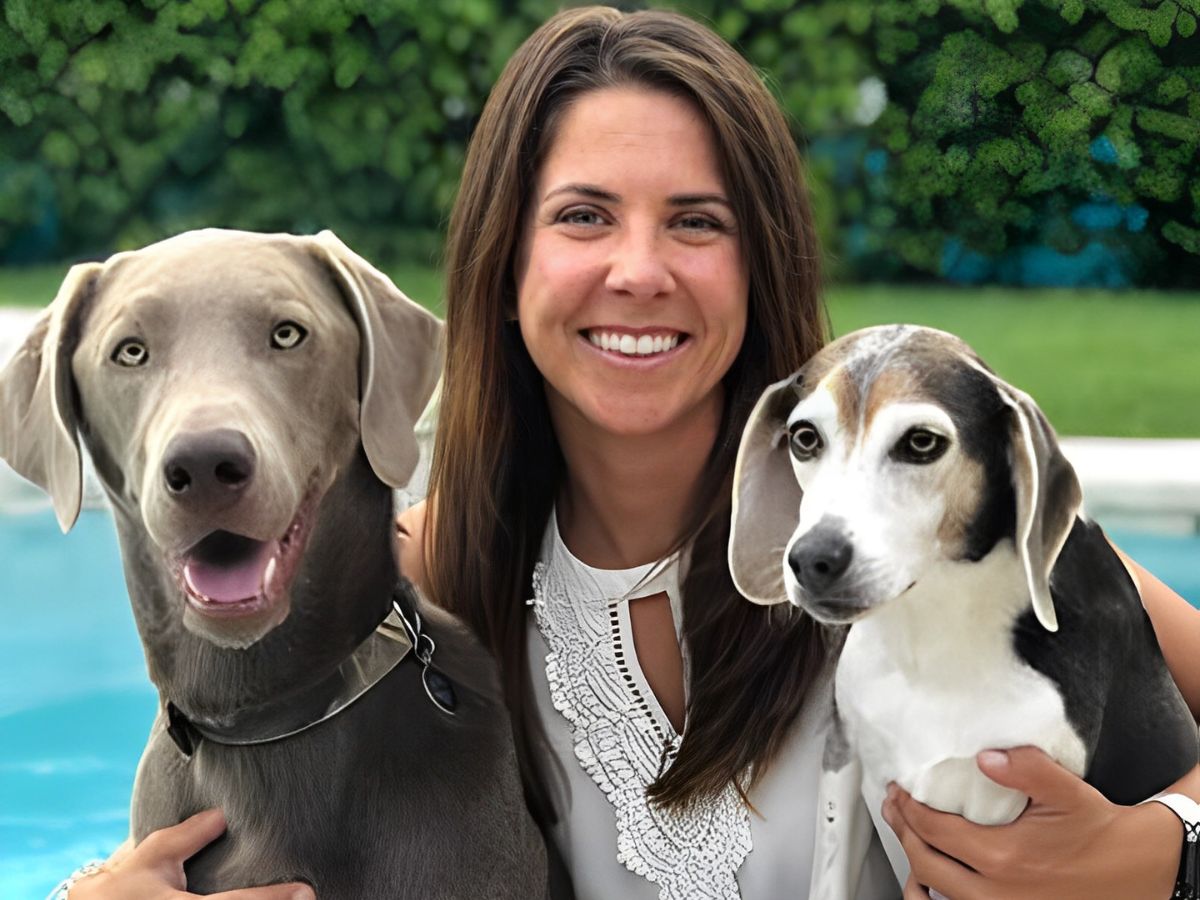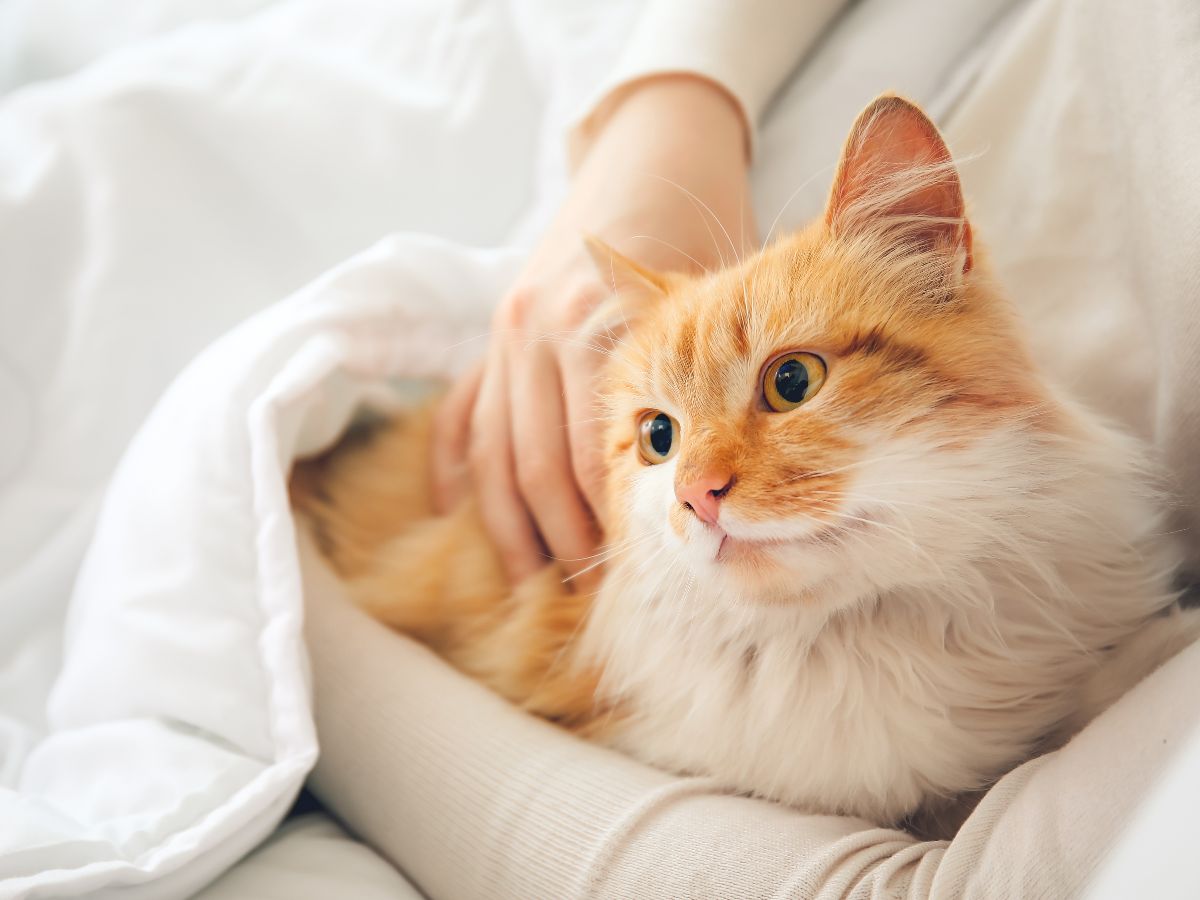Welcome to Northlake Animal Hospital
At Northlake Animal Hospital, we love making your pets happy, whether it’s belly rubs and treats for your dog or letting your cat explore on their own terms.
We are dedicated to providing the highest quality veterinary care and strengthening relationships between people and their pets
Complete Veterinary Care in Lake Park, FL
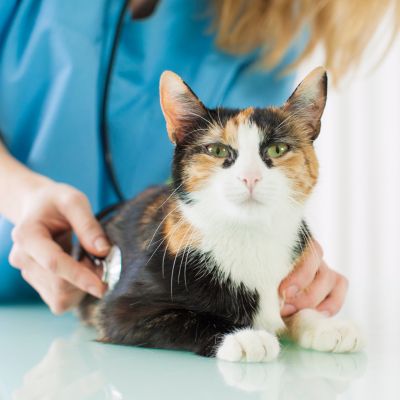
Wellness Visits
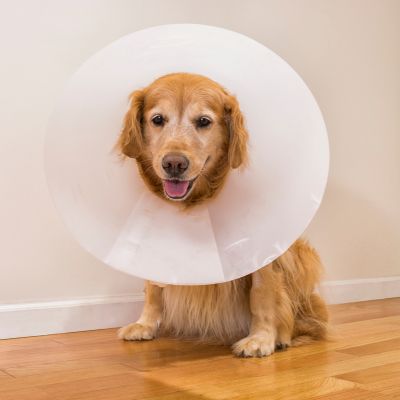
Surgeries
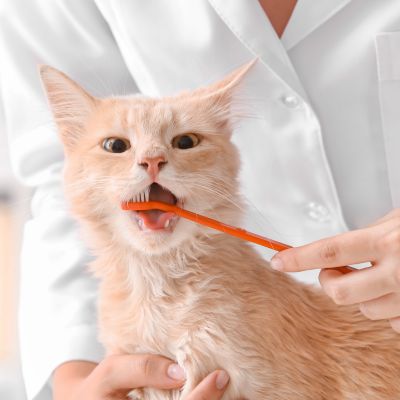
Dental Care
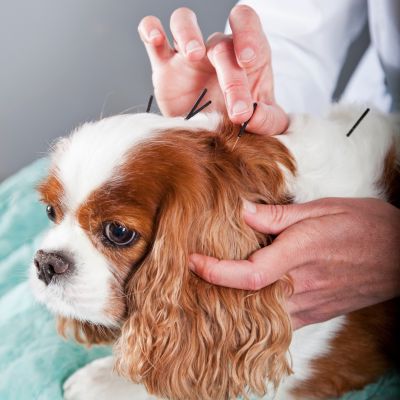
Acupuncture
About Northlake Animal Hospital
We know that pets are family, and that’s how we treat them. At Northlake Animal Hospital, our patient’s health and emotional well-being are our biggest concerns. That’s why we strive daily to create an exciting, friendly, and relaxed environment for clients and patients.
Our veterinary team is dedicated to providing elite medical care in a stress-free environment while nurturing the bond you share with your pet. We are your top vet in Palm Beach Gardens. Please browse our site to learn more about our exceptional team and outstanding services to keep your pets healthy and happy.
Meet Our Veterinarians
and Staff
At Northlake Animal Hospital, our dedicated team of veterinarians and staff are committed to providing the highest quality care for your beloved pets. With a passion for animal health and well-being, our experienced veterinarians bring a wealth of knowledge and expertise. Supported by a caring and skilled staff, we offer a full range of veterinary services, from routine check-ups to advanced treatments. Your pet’s health and comfort are our top priorities, and we strive to create a warm and welcoming environment for both pets and their owners.


